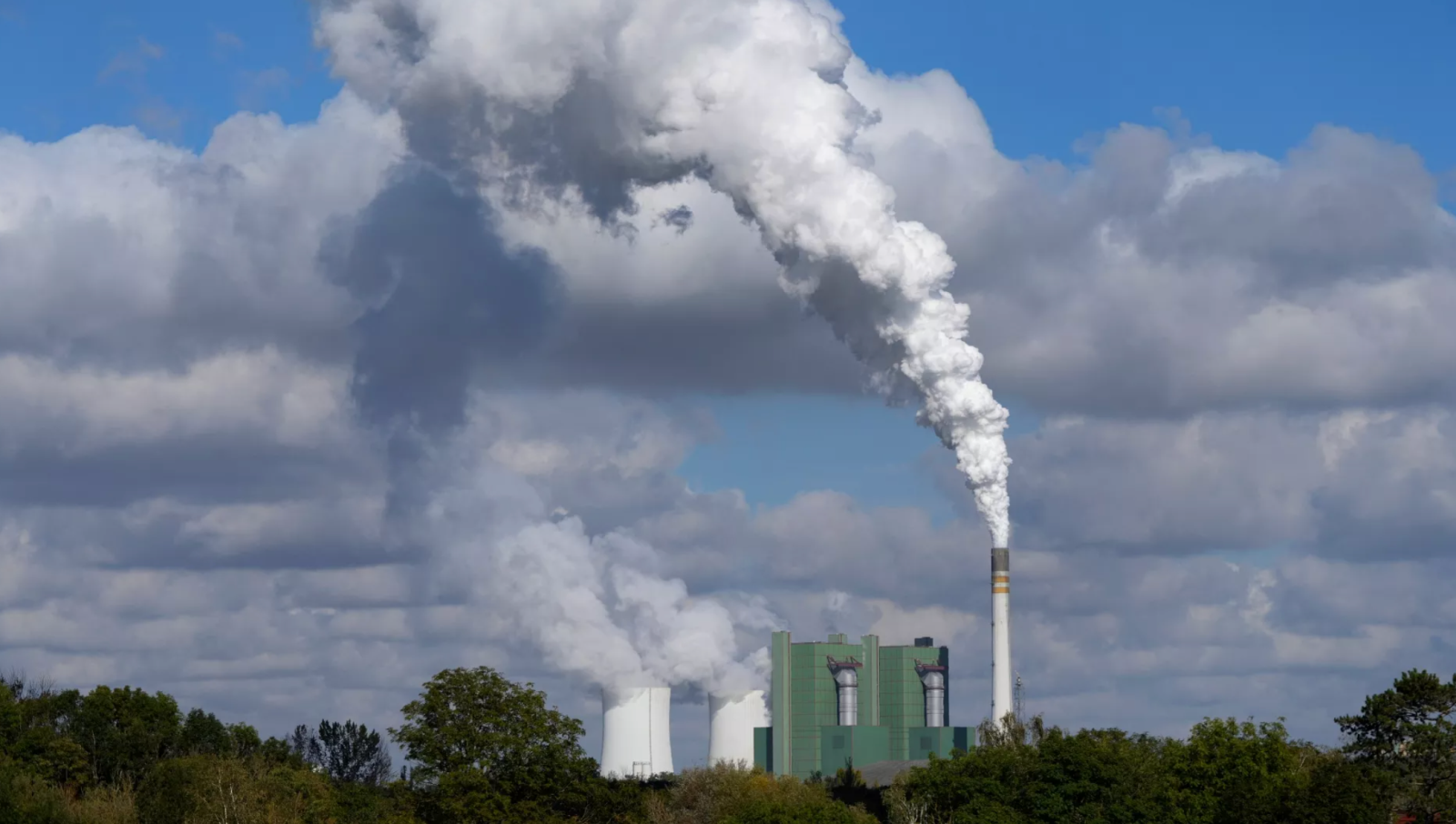
The UN's Intergovernmental Panel on Climate Change (IPCC) has begun a critical week-long meeting in Hangzhou, China, to shape its next major climate science report. With 2024 confirmed as the hottest year on record, scientists and policymakers face mounting pressure to deliver urgent and ambitious climate action.
UN Environment Programme chief Inger Andersen opened the session with a stark warning: "Time is not on our side." IPCC Chair Jim Skea emphasized the pivotal nature of the discussions, which will determine the timeline and scope of the panel's next assessment report.
Established in 1988, the IPCC's landmark reports are regarded as the world's most authoritative climate science assessments. They summarize the latest evidence on global warming, climate impacts, and solutions for reducing greenhouse gas emissions. The upcoming report—the seventh of its kind—will consist of three parts and is currently set for release in 2029. However, some countries are pushing for an earlier publication date to inform global climate policy decisions.
Debate Over the Report's Timing
A coalition of 20 environment ministers, including representatives from the EU and climate-vulnerable island nations, is advocating for an accelerated timeline. They argue that the report must be ready by 2028 to inform the next UN Global Stocktake, which assesses progress toward the Paris Agreement's climate goals.
"We owe it to everyone suffering the impacts of the climate crisis now, and to future generations, to make decisions about our planet's future on the basis of the best evidence and knowledge available to us," the coalition stated.
However, a bloc of nations—including Russia, Saudi Arabia, China, South Africa, and India, backed by Kenya—opposes an accelerated timeline. They argue that rushing the report could compromise its scientific inclusivity, particularly for researchers from the Global South.
US Absence from Talks Amid Trump's Climate Policy Shift
The meeting has also been overshadowed by reports that the Trump administration has withdrawn US officials from IPCC negotiations. Sources indicate that a stop-work order has affected key US climate agencies, including the National Oceanic and Atmospheric Administration (NOAA) and the US Global Change Research Program.
NASA's chief scientist Kate Calvin, who holds a leadership role in the new IPCC report cycle, has reportedly been pulled from the process. The move follows Trump's executive order to withdraw the US from the Paris Agreement for a second time, signaling a broader retreat from global climate cooperation.
As discussions continue, the IPCC faces a challenging task: ensuring that the next report is delivered with both urgency and scientific integrity. The outcome of this session will shape climate policy for years to come.